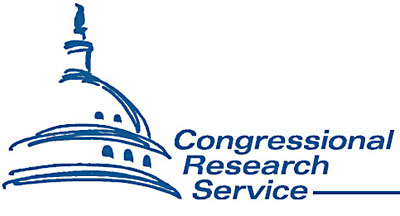A recent report from the Congressional Research Service concluded that cutting taxes on the rich had no correlation with higher economic growth rates. This is hardly surprising. Outside the right-wing think tank bubble, that’s been the conclusion of practically every economist who’s looked seriously at the evidence.
Nonetheless, congressional Republicans were shocked, and made their displeasure known. Shortly thereafter the report was withdrawn. Jared Bernstein calls this “existentially scary,” because it means that nonpartisan analysis is becoming more and more impossible. Say something that contradicts a  Republican talking point, and you’d better retract it. There’s a budget markup coming soon, after all.
Republican talking point, and you’d better retract it. There’s a budget markup coming soon, after all.
However, Steve Benen reminds us that this is hardly new:
This was consistently one of the more offensive hallmarks of the Bush/Cheney era. In 2005, for example, after a government report showed an increase in terrorism around the world, the administration announced it would stop publishing its annual report on international terrorism. Reality proved problematic, so rather than addressing the problem, the Republican administration decided to hide the reality.
Soon after, the Bush administration was discouraged by data about factory closings in the U.S., the administration announced it would stop publishing information about factory closings.
When Bush’s Department of Education found that charter schools were underperforming, the administration said it would sharply cut back on the information it collects about charter schools.
And Bruce Bartlett emails to remind us that this attitude goes back even farther than that. Earlier this year, Newt Gingrich called the CBO “a reactionary socialist institution,” a statement that came as no surprise to anyone who knows his history. After the Republican landslide of 1994, Gingrich did more than most to destroy congressional access to analytical information:
When he became speaker in 1995, Mr. Gingrich moved quickly to slash the budgets and staff of the House committees, which employed thousands of professionals with long and deep institutional memories.
….In addition to decimating committee budgets, he also abolished two really useful Congressional agencies, the Office of Technology Assessment and the Advisory Commission on Intergovernmental Relations. The former brought high-level scientific expertise to bear on legislative issues and the latter gave state and local governments an important voice in Congressional deliberations.
And Bartlett points out that the current GOP routinely attacks not just the CBO and CRS, but also the Joint Committee on Taxation and the Government Accountability Office. They just don’t like having anyone around that might mess with their preferred version of reality.













